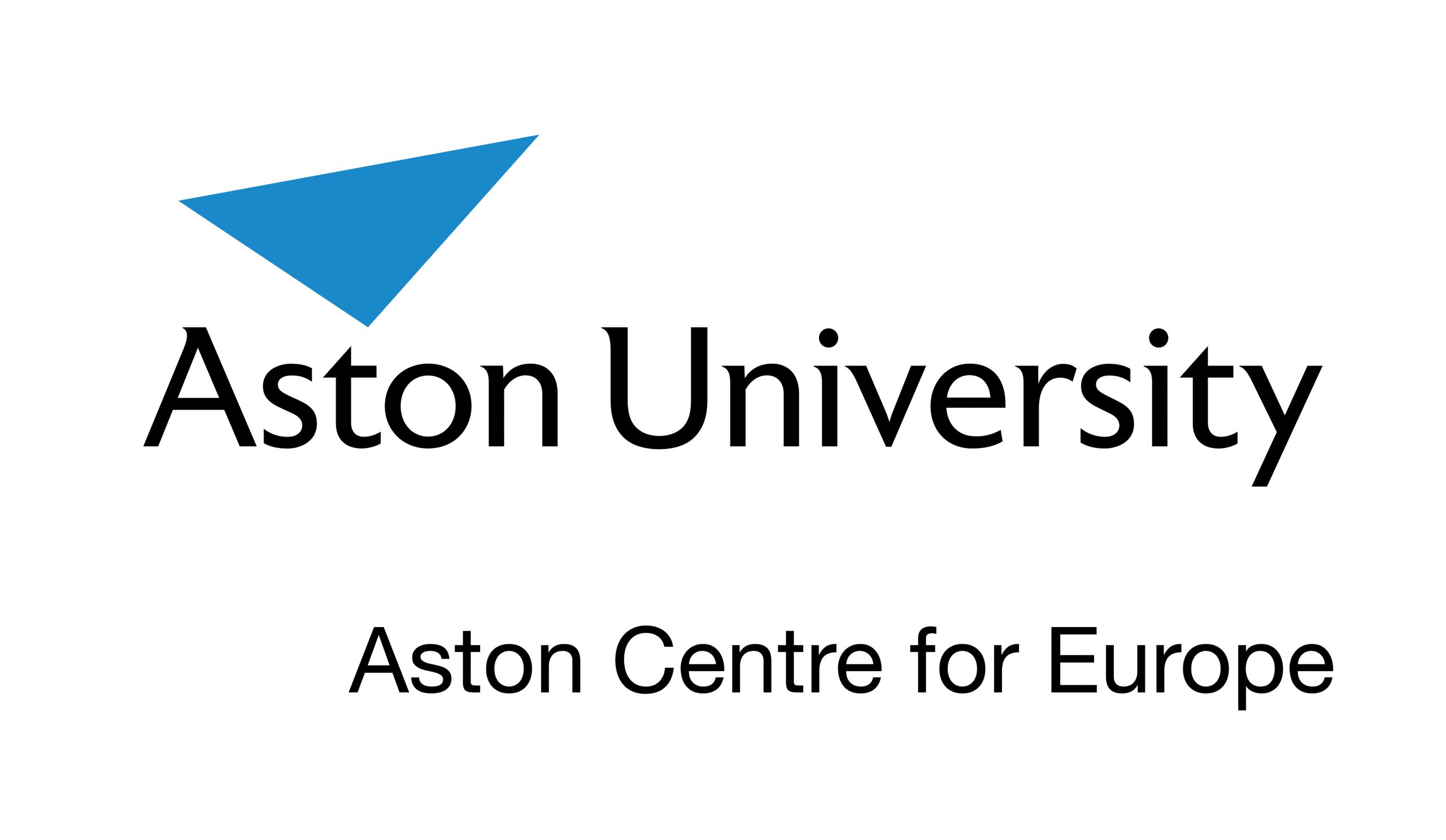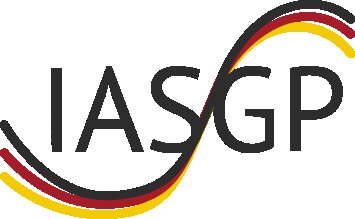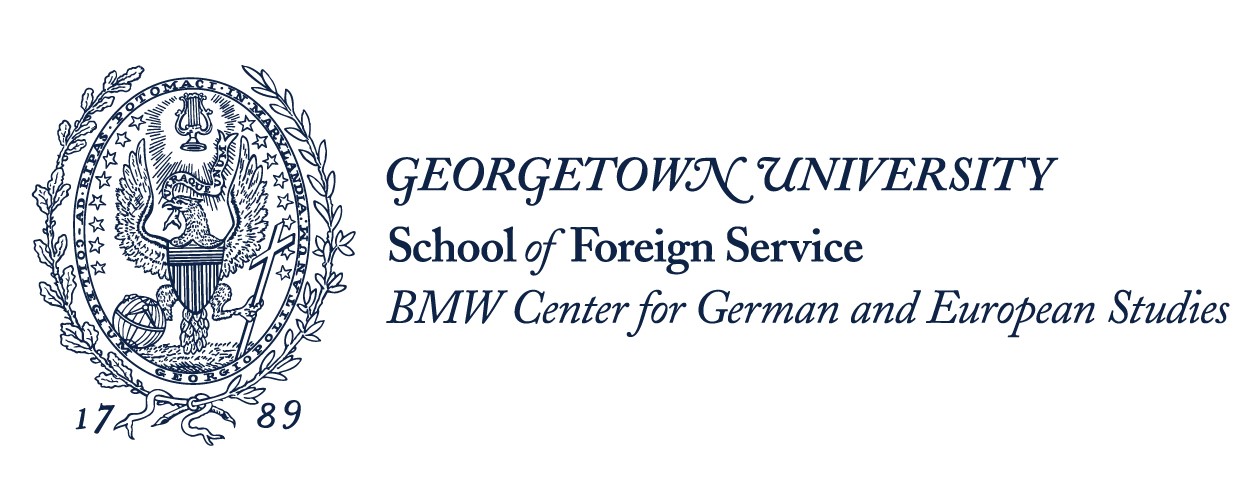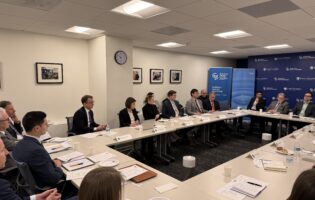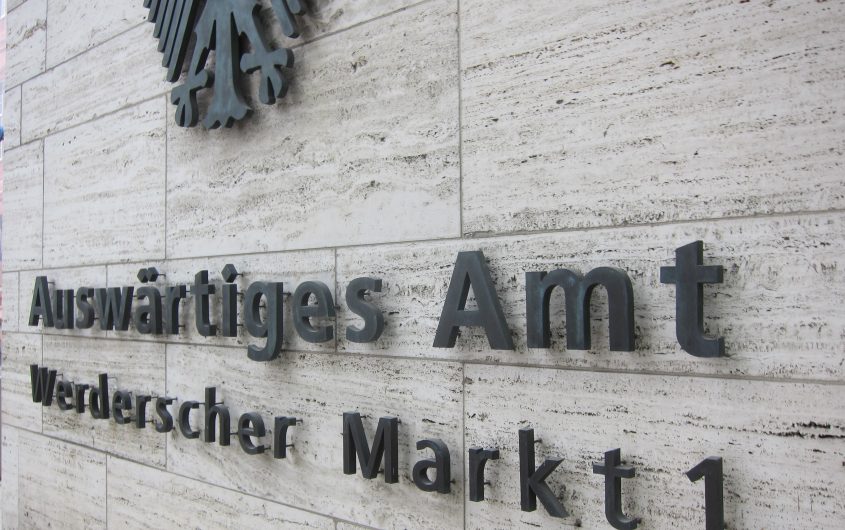
IESM via Flickr
A New Direction?
German Foreign and Security Policy and the 2021 Bundestag Election
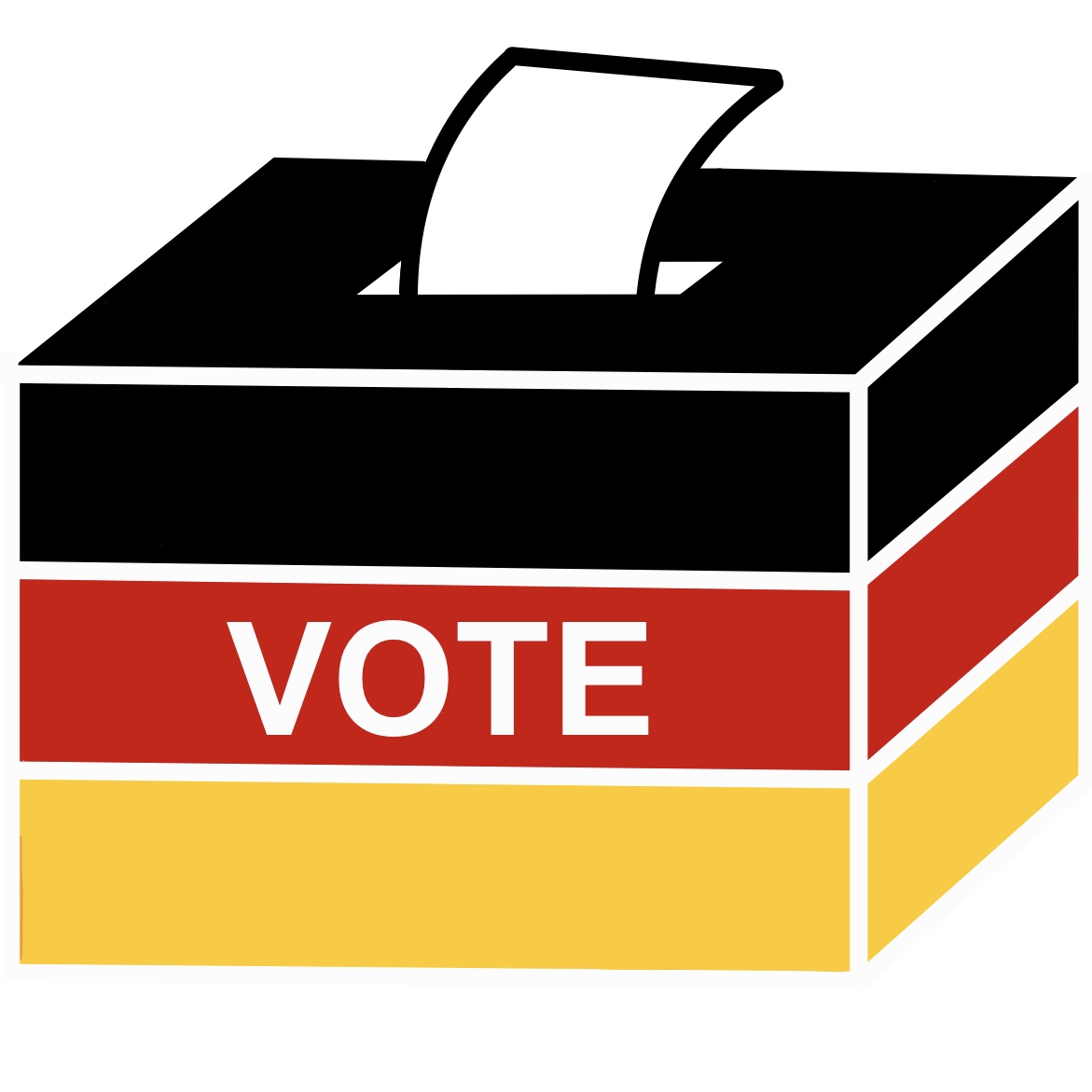
The challenges ahead for the incoming German chancellor will be substantial. On the continent Russia is massing troops on the Ukrainian border and the disputed new Nordstream pipeline is close to beginning operations. Germany’s largest trading partner has become China, which has been identified by the European Union as a systemic rival. How will these challenges and others impact the campaign dialogue and debate? To what degree might a new chancellor assume an expanded role in Europe, a more active role in the Asia-Pacific? In the global arena? Where does the German public stand on these issues leading up to the election? A panel of three experts will address the German elections and consider the direction that a new coalition may take as the Merkel era comes to an end.
Presenters:
Dr. Angela Stent directs the Center for Eurasian, Russian and East European Studies at Georgetown University and is a senior non-resident fellow at the Brookings Institution. She has also served in the State Department’s Office of Policy Planning and as National Intelligence Officer for Russia and Eurasia at the National Intelligence Council. She is the author of several books on Russian foreign policy, the last two being The Limits of Partnership: U.S-Russian Relations in the Twenty-First Century (2015) and Putin’s World: Russia Against the West and with the Rest (2020).
Peter Wittig is Rohwedder-Horvath Ambassador-in-Residence at Georgetown University. He is a five-time Ambassador looking back at an almost four-decade-long career in the German Diplomatic Service. He is currently a Fisher Fellow at the Harvard Kennedy School. Wittig is based in Berlin, where he is a frequent media commentator and advises a major German company as “Senior Advisor Global Affairs.”
In the early nineties, Wittig served as Private Secretary to two Foreign Ministers at a time when the international system changed fundamentally. Most recently he was Germany’s Ambassador to the United Nations in New York (2009 – 2014) representing his country in the UN Security Council. He was also President of the UN Peacebuilding Commission. From 2014 to 2018 he served as Ambassador to the United States of America working both with the Obama and the Trump administration. Afterward, he was Ambassador to the United Kingdom (2018 – 2020) being closely involved in the Brexit process. Before joining the Foreign Service he studied History, Political Science, and Law at the Universities of Bonn, Freiburg, Canterbury, and Oxford.
Robert B. Zoellick is Senior Counselor at Brunswick Geopolitical, an advisory service of Brunswick Group, and a Senior Fellow at the Belfer Center for Science and International Affairs at Harvard University’s Kennedy School of Government. In addition, Zoellick serves on the boards of Temasek, Singapore’s Sovereign Wealth Fund, and Twitter, Inc., chairs the International Advisory Council of Standard Chartered Bank, and is on the Advisory Board of Swiss Re. He is a member of the boards of the Peterson Institute for International Economics and the Carnegie Endowment, chairs the Global Tiger Initiative, and is a member of the Global Leadership Council of Mercy Corps, a global humanitarian agency.
Zoellick was the President of the World Bank Group from 2007-12, U.S. Trade Representative from 2001 to 2005, and Deputy Secretary of State from 2005 to 2006. From 1985 to 1993, Zoellick served as Counselor to the Secretary of the Treasury and Under Secretary of State, as well as White House Deputy Chief of Staff. He published his book, “America in the World: A History of US Diplomacy and Foreign Policy” in August 2020.
Moderated by: Dr. Gale A Mattox, Director of the Foreign & Security Policy Program, AGI; Professor in the Political Science Department, U.S. Naval Academy
This webinar will convene via Zoom. Please contact Mr. Yixiang Xu at yxu@aicgs.org with any questions.
This webinar is supported by the AGI Harry & Helen Gray Culture and Politics Program and the Embassy of the Federal Republic of Germany. It is presented in partnership with The Aston Centre for Europe, Aston University, Birmingham, UK; the International Association for the Study of German Politics; and the BMW Center for German and European Studies, Georgetown University.
